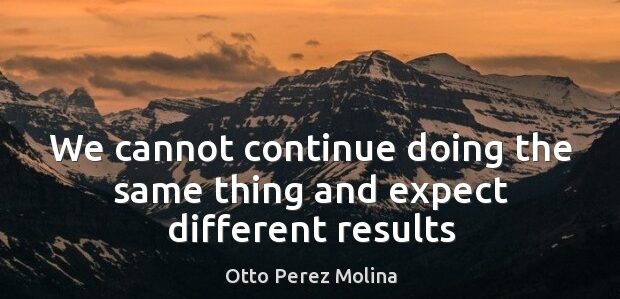This week at Tuesday Club we looked at Community Boards, community engagement, citizens assemblies and more. Thanks to Bebe Frayle for being the spark, thanks to those there who contributed.
Voter return in 2022 local elections was 43.31%. Less than 50% of our voting age population voted. This is hardly a mandate to act. Many of us think we need to take action to reverse this trend. Max Rashbrooke said in the Press on the weekend “Democracy may be in trouble, but the answer is more of it, not less”

Here are some notes from our Conversation…
Democracy begins at Grass Roots, not top down
- relationship of local government with government is broken – there is no partnership
- Relationship of Council with people is also broken. A feeling that the Council has to “put up with Community Boards” rather than work with them.
- is there enough training for Community Boards?
- Councillors and staff need to value Community Boards as part of democratic process and respect and support local engagement.
Remove the barriers to participation at Community Boards
- Bebe works as a Project Manager – her response if people are not engaging is to go to them, not expect them to come to us. Meet on their terms.
- Where we meet – do people come to us or do we meet where they are comfortable
- What time do we meet is it the right time for people or for the beauracracy
- Livestreaming of Community board meetings – at first huge resistance
- how a room is set up, and how people welcomed into a space is important
- taking community board into other spaces where community is host
- It was noted that a strong community residents association often results in a stronger communityh board and consultation processes.
- Young people move lots – often into different areas, everything is geographically based, how can they be involved.
- Geography – we might live in one place, but we also are involved in other communities for study, school, work, sport, play…
Consultation or collaboration and co-design
- We need a community Development model
- Co-design from early stages is important.
- Consultation later in the process often means Council is having to defend its decisions rather than listen and welcome comments.
- Often participation at a later stage is focused on responding to complaints not welcoming suggestions.
- It was suggested that it would be great for community to be aware of what Community Boards are working on, what projects in process.
- What the the issues bubbling up from the ground?
Citizen’s Assemblies
- One radical suggestion was to get rid of community boards and use more citizens assemblies type processes
- Representative democracy is not working as presently structured
Lack of Trust
- A feeling out there that elections can be bought – the more money you spend the greater your chance of getting in
- Lack of accountability
Cycling
The debate has been framed incorrectly. I have great respect for the bike warriors and confess to being one on occasions during a lifetime of cycling in the UK and Aotearoa. However the warrior approach is decisive and counter productive. THe YouTube videos of cyclist outrage make for entertainment but not necessarily progress. We should think about the purpose of a move to cycling. It is not to win a war against motorists or the car itself. It is to transform our relationship with the place within which we live. Being a cyclist is being grounded and fully immersed in the physical connection between home, work, school and leisure. There is much to be made about the reduction in cardon dioxide generation and quite reasonably so, but this is not a full justification. for if we were to replace hydrocarbon propulsion from cars and use renewable energy we would not be a lot better off in terms of having a real liveable and salutogenic city. Those of us beyond a certain age will remember fondly to freedom of cycling to school and home perhaps by a more circuitous route. We had a certain freedom given to us because we could travel with safety spontaneously. Friendships and social connections were easier because we had ownership and control of our transport. The children and young people of Christchurch are owed this freedom. Of course this goes further to all of us to be part of a connected city that supports our wellbeing. We need a city that supports community, connection and wellbeing. Active transport – cycling, walking and public transport are essential for psychological and physical wellbeing. The 20th century dominance of the motor vehicle creates physical and psychological barriers that are a risk to our children and ourselves. Streets full of vehicles are often an impassable barrier that cut across our plans and journeys. The debate about cycling does urgently need to be reclaimed and made more about positives and less about conflict between cars and bicycles. We owe it to our children to give them the opportunities we had.
great insight Nigel – thanks for sharing. My brain works entirely differently on a cycle to a road trip, if on a separated cycle way I am more reflective, engaged in my surroundings, notice and greet people along the trails. Unless of course I am forced to share the road with cars when I am on full alert looking for car doors to open, or for someone to cut me off without noticing my bright yellow colours.